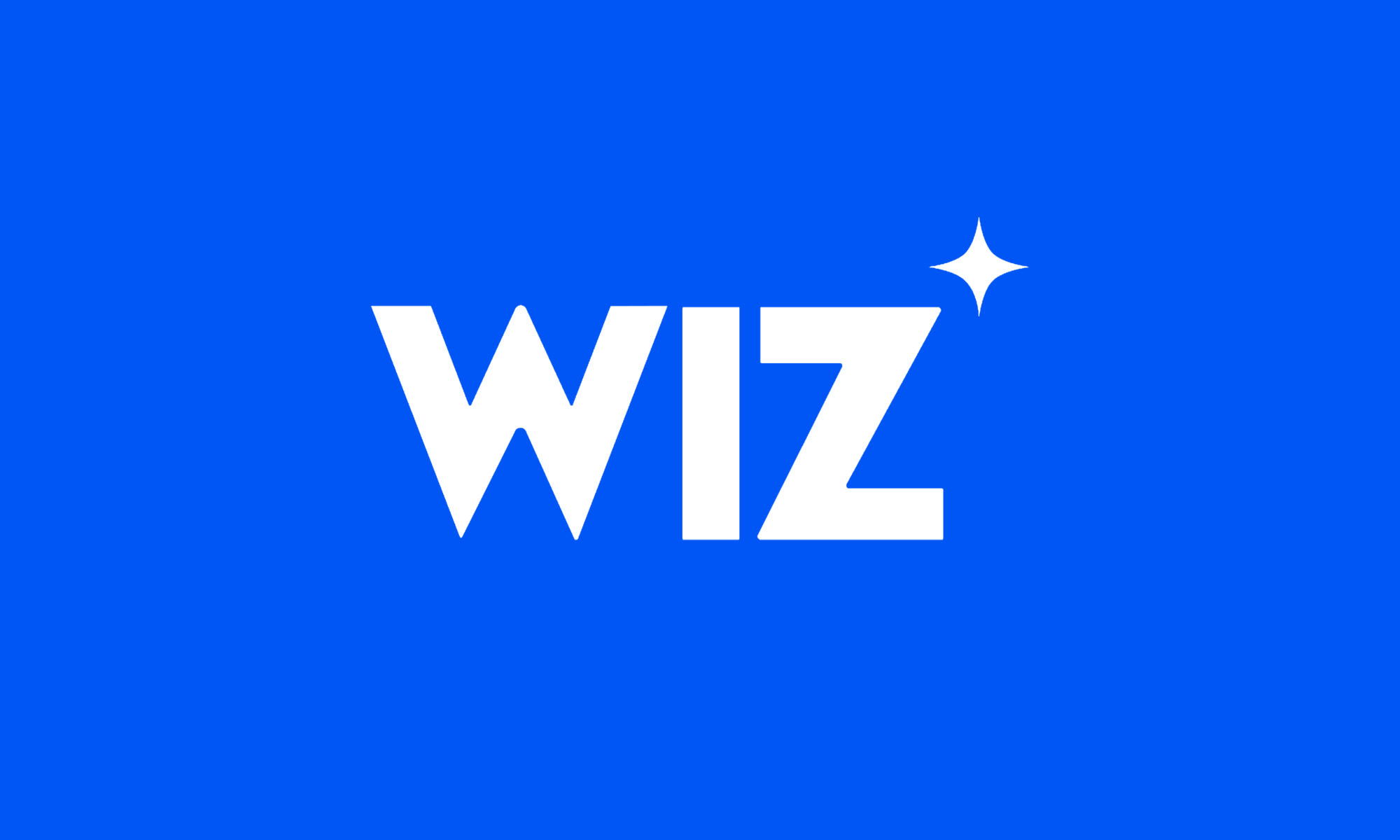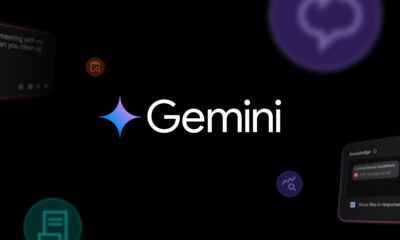News
Google’s Alphabet To Acquire Cybersecurity Firm Wiz For $32 Billion
Alphabet is making a major bet on the cloud security firm that has become one of the world’s fastest-growing software startups.

Alphabet, Google’s parent company, is set to acquire cloud security startup Wiz for $32 billion in a deal that will be the largest in the tech giant’s history.
Wiz was founded in 2020 by former members of Israel’s elite cyber intelligence unit and is now headquartered in the U.S. The company specializes in cloud security and has rapidly become one of the fastest-growing software startups, providing security services to nearly half of the 100 largest U.S. companies.
The move from Alphabet comes after previous negotiations in 2023 fell through. At the time, the company had considered a $23 billion acquisition, but concerns from Wiz’s board and investors about potential antitrust issues caused the talks to stall.
Announced on Tuesday, March 18, the all-cash transaction is expected to attract scrutiny from the Federal Trade Commission (FTC). The U.S. agency, under the leadership of Andrew Ferguson, has maintained its firm stance on regulating major corporate mergers, a position inherited from former FTC chair Lina Khan.
As part of the agreement, Wiz employees will receive a retention bonus package worth up to $1 billion. Additionally, should the deal face regulatory roadblocks, Alphabet would owe Wiz a breakup fee, according to sources familiar with the negotiations.
The acquisition comes at a time when mergers and acquisitions in the tech industry have slowed. Uncertainty surrounding trade policies and a cautious regulatory environment under the Trump administration have made large-scale deals more challenging. Vice President JD Vance has previously expressed concerns about Big Tech’s influence, stating that the industry holds too much power.
Also Read: Protecting Your WhatsApp Account From Hackers: Kaspersky Expert Tips
Before agreeing to this deal, Wiz had been exploring an initial public offering after its discussions with Alphabet last year fell apart. The startup last secured $1 billion in funding in 2022, which placed its valuation at $12 billion. Investors include Andreessen Horowitz, Lightspeed Venture Partners, Thrive Capital, Sequoia Capital, and others.
For Alphabet, this acquisition represents a significant push to strengthen its cloud computing business. Google Cloud currently lags behind its competitors, holding a 12% global market share — well behind Microsoft’s Azure at 21% and Amazon Web Services, which dominates with nearly 33%.
This deal dwarfs Alphabet’s previous acquisitions. Its largest prior purchase was Motorola Mobility in 2012 for $12.5 billion, which it later sold. More recently, in 2022, Alphabet acquired cybersecurity firm Mandiant for $5.4 billion to enhance Google Cloud’s security offerings.
With this acquisition, Alphabet is making a major bet on cybersecurity as a crucial pillar of its cloud strategy, aiming to reduce its reliance on search advertising and compete more aggressively in the cloud market.
News
Influencer Growth Fuels Saudi Creator Economy Surge
The Kingdom’s creator economy grew over 32% in Q1 2025, fueled by TikTok, UGC, and cost-per-action (CPA) influencer models.

Saudi Arabia’s creator economy saw a significant 32.37% growth in the first quarter of 2025, driven by an uptick in influencer marketing, content-driven e-commerce, and the increasing influence of user-generated content (UGC). These insights come from a recent study by Admitad and the Stllr Network.
Much of this momentum is coming from video-based platforms, where brands are leaning on creators who feel more relatable than polished ad campaigns. The trend shows a clear preference for authenticity, as audiences gravitate toward content that feels real and personal.
Mohannad Alzahrani, Co-founder and VP KSA of Stllr Network, highlighted the shift: “The rise of user-generated content (UGC) is changing the way brands engage with consumers. Audiences trust real creators more than traditional advertising, making UGC a key driver of authenticity and sales”.
TikTok remains the dominant platform in this space, reportedly reaching 88% of the Saudi population. It also showed the sharpest rise in influencer-led transactions. Other platforms followed with solid, if less dramatic, growth: X was up 17%, Instagram increased by 12%, and Telegram by 10%.
In terms of content niches, beauty led the pack with a 56% growth rate, followed by lifestyle at 45.8% and fashion at 18.2%. Tech content also showed healthy traction at 10.6%, while entertainment, food, fitness, parenting, and gaming posted smaller — but still positive — gains.
Also Read: Top E-Commerce Websites In The Middle East In 2025
The report analyzed more than 300,000 influencer-driven purchases. These efforts translated into a 15% year-on-year jump in Gross Merchandise Value (GMV) and a 5% increase in the number of orders in 2024. Influencers themselves are seeing the benefit, with average order values hitting $54 and creator earnings rising by 14%.
A noticeable trend is the move away from fixed-rate deals. More influencers in Saudi Arabia are embracing hybrid compensation models — especially cost-per-action (CPA) setups that tie their earnings directly to performance.
As Anna Gidirim, CEO of Admitad, explains, “The CPA model brings much-needed transparency to influencer marketing. Brands only pay for actual results, and influencers benefit by securing long-term partnerships while offering their audiences exclusive promo codes and special discounts”.
However, the ecosystem still shows a gender imbalance. The data indicates that 63% of creators in Saudi Arabia are men, while women account for just 37%.

























